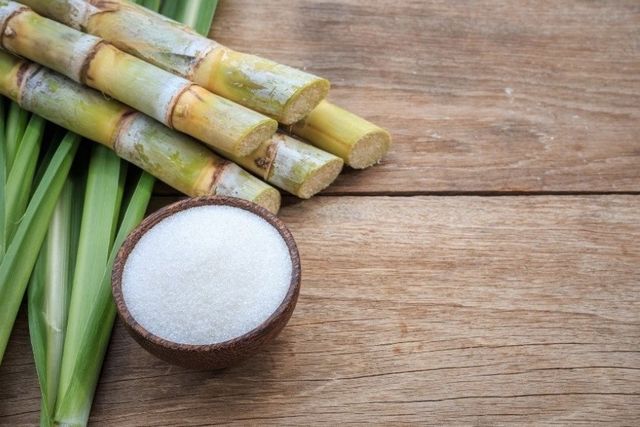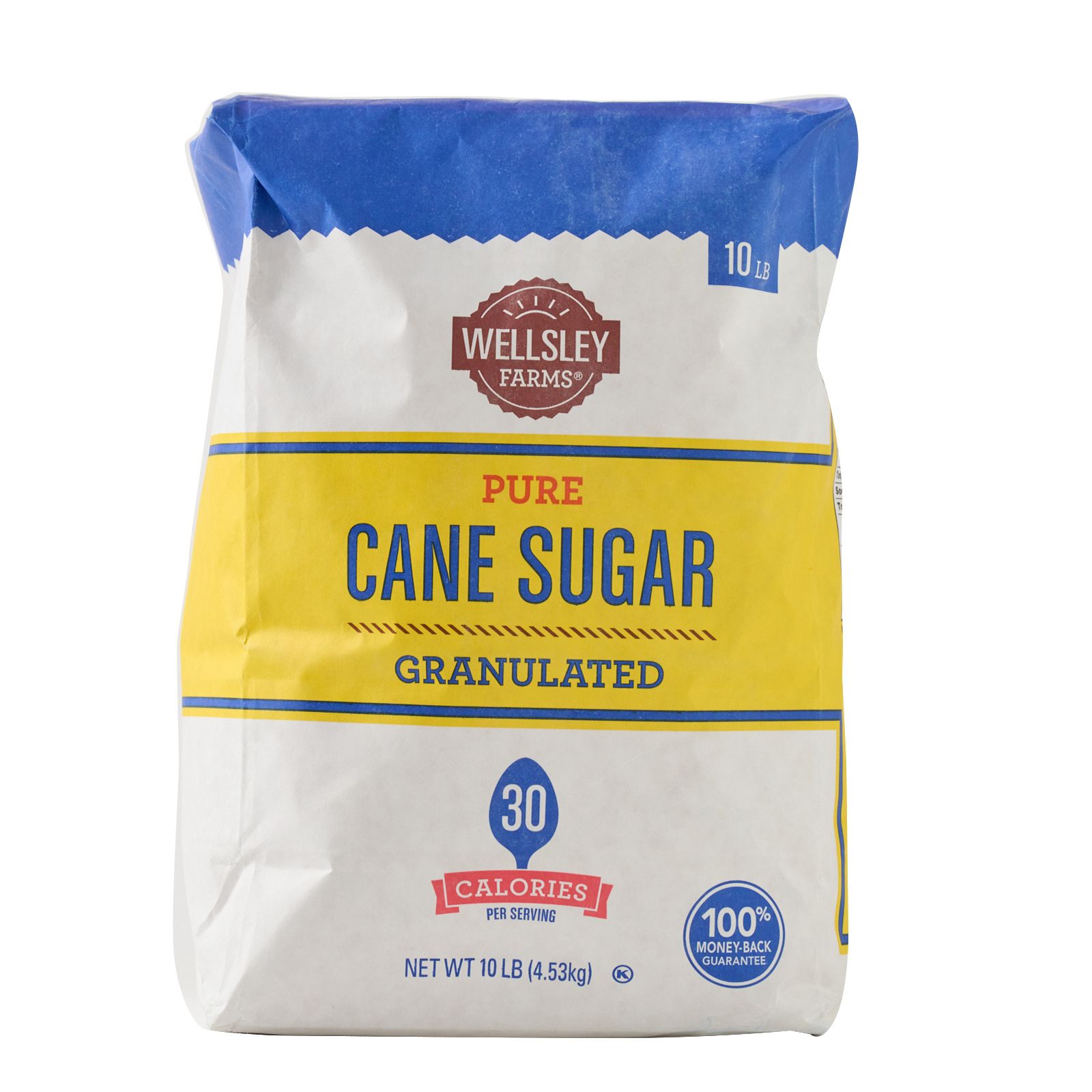Cane Sugar Processing: From Area to Table-- A Step-by-Step Overview
Cane Sugar Processing: From Area to Table-- A Step-by-Step Overview
Blog Article
A Detailed Review of the Health And Wellness and Economic Effects of Walking Stick Sugar Handling on Regional Neighborhoods
Walking stick sugar handling plays a pivotal function in forming the financial landscape of local communities, providing employment possibility and boosting ancillary industries. Nevertheless, the health and wellness implications connected with high sugar consumption can not be overlooked, as they contribute to climbing rates of excessive weight and diabetes mellitus. This nuanced dynamic welcomes a vital evaluation of how areas can optimize financial gains while attending to journalism wellness challenges they encounter. The exploration of academic efforts and sustainable practices may just hold the trick to reconciling these clashing rate of interests. What methods might neighborhoods execute to accomplish this balance?
Financial Benefits of Walking Stick Sugar Processing
Walking cane sugar processing offers significant financial benefits that extend past the prompt agricultural sector. The growing and handling of sugarcane create numerous task chances, from farming to production and distribution. This work generation not only sustains local economic situations however also cultivates community development by giving steady revenue sources for households.
Furthermore, the sugar sector stimulates supplementary businesses, consisting of transport, equipment supply, and product packaging services (Cane Sugar Processing). As these fields expand, they add to a much more durable economic structure, improving total neighborhood strength. The export capacity of refined walking cane sugar better amplifies economic advantages, placing regions as affordable gamers in international markets
Investment in contemporary handling centers can lead to enhanced performance and efficiency, thus reducing waste and maximizing resource use. This shift not only profits the neighborhood economic climate but additionally sustains sustainability efforts by lessening environmental impacts.
In addition, the revenue generated from walking stick sugar handling can be reinvested in regional framework, education, and health care, advertising alternative area development. On the whole, the financial advantages of walking cane sugar handling are diverse, giving a foundation for withstanding prosperity in agricultural regions.
Health And Wellness Threats Related To Sugar Intake
Excessive sugar consumption positions considerable wellness threats that necessitate serious interest. High consumption of included sugars, specifically from processed drinks and foods, has been linked to numerous health complications. One of one of the most important issues is weight problems, as sugary diets add to an increased calorie consumption without supplying necessary nutrients. This extra can result in metabolic disorders, consisting of type 2 diabetes, which has actually come to be progressively prevalent in both adults and children - Cane Sugar Processing.
Moreover, high sugar intake is connected with cardiovascular condition. Raised blood glucose degrees can bring about insulin resistance, a precursor to different heart-related issues. Furthermore, sugar can have detrimental impacts on dental health and wellness, causing tooth cavities and periodontal disease, as germs in the mouth flourish on sugar, creating acids that erode tooth enamel.
In addition, arising study suggests a possible web link between high sugar usage and psychological wellness disorders, such as anxiety and anxiousness. As areas grapple with these health and wellness threats, it becomes crucial to advertise understanding and urge much healthier nutritional choices. Attending to sugar intake is essential not only for specific health yet additionally for the overall wellness of regional neighborhoods, highlighting the requirement for thorough public wellness approaches.
Ecological Influences of Sugar Manufacturing
Regularly forgotten in conversations concerning sugar's effects is the substantial ecological influence of sugar manufacturing. The farming of sugarcane frequently necessitates comprehensive land usage, leading to deforestation, loss of biodiversity, and interruption of local ecosystems. The conversion of woodlands and wetlands into sugar haciendas can result in environment damage, threatening various types and changing ecological balance.
Furthermore, sugar manufacturing is resource-intensive, consuming considerable amounts of water for watering. This can result in exhaustion of local water resources, negatively impacting both agricultural practices and community access to tidy water. In addition, making use of chemical plant foods and pesticides in sugarcane farming can add to soil degradation and water pollution, as drainage from these chemicals gets in nearby rivers and lakes, affecting marine life and human health.
The environmental impact encompasses the handling phase, where power usage and waste generation further worsen ecological concerns. Air air pollution from shedding sugarcane fields, in addition to greenhouse gas discharges, contribute to climate adjustment. Therefore, the ecological ramifications of sugar manufacturing warrant significant consideration, prompting stakeholders to embrace more sustainable techniques to alleviate these adverse results on local ecosystems and areas.
Task Production and Neighborhood Development
The ecological challenges postured by sugar production are frequently reversed by its possibility for financial benefits, particularly in work development and area development. The walking stick sugar market functions as a considerable resource of work in numerous country areas, supplying jobs across numerous ability levels, from farming labor to processing and circulation functions. This work not only supports individual households however additionally adds to the general financial vigor of regional areas.
Additionally, the establishment of sugar processing centers stimulates supplementary organizations, such as transportation services, devices supply, and upkeep providers. As these companies grow, they develop added jobs and boost neighborhood economic situations. The profits created from the sugar industry additionally causes boosted tax obligation incomes, which can be reinvested into social work such as framework, education and learning, and health care advancement.
Moreover, the sugar industry usually takes part in community growth campaigns, such as sustaining regional schools and health and wellness programs, thus improving the lifestyle for residents. By promoting strong area ties and advertising economic growth, the cane sugar processing sector plays a crucial role in uplifting regional populaces, making it a necessary component of lasting advancement approaches in sugar-producing regions.
Balancing Wellness and Economic Growth
In browsing the intricacies of cane sugar handling, a critical difficulty exists in balancing health and wellness factors to consider with financial growth. The sugar sector substantially adds to local economic situations by Look At This producing tasks, stimulating associated industries, and enhancing tax obligation revenues. Nevertheless, the wellness effects connected with extreme sugar intake can lead to chronic illness such as weight problems, diabetes mellitus, and cardiovascular issues, which can concern public health and wellness systems and reduce labor force performance.

Additionally, regulative frameworks can play read the full info here an essential function in assisting market methods in the direction of even more lasting and health-conscious methods. By promoting collaboration in between government bodies, wellness companies, and the sugar industry, neighborhoods can browse the dichotomy of health and wellness and economic growth, guaranteeing that the benefits of cane sugar handling are equitably shared while focusing on public wellness.
Verdict
In conclusion, the processing of cane sugar presents both significant economic advantages and significant health and wellness threats for local communities. While it promotes task production and promotes local development, the connected wellness problems, especially concerning weight problems and diabetes mellitus, demand a cautious harmonizing act. By promoting accountable usage and investing in community education and sustainable techniques, it is feasible to optimize economic benefits while decreasing damaging wellness impacts, consequently guaranteeing a healthier future for neighborhood populaces.
Additionally, sugar can have destructive results on oral health, resulting in dental caries and gum tissue condition, as germs in the mouth flourish on sugar, producing acids that erode tooth enamel.
Addressing sugar consumption is critical not just for private wellness however also for the general well-being of neighborhood communities, stressing the requirement for extensive public wellness approaches.
Often neglected in discussions regarding sugar's implications is the significant environmental effect of sugar production. The health effects associated with too much sugar consumption can lead to chronic conditions such as weight problems, diabetes, and cardio concerns, which can concern public wellness systems and diminish workforce performance.

Report this page